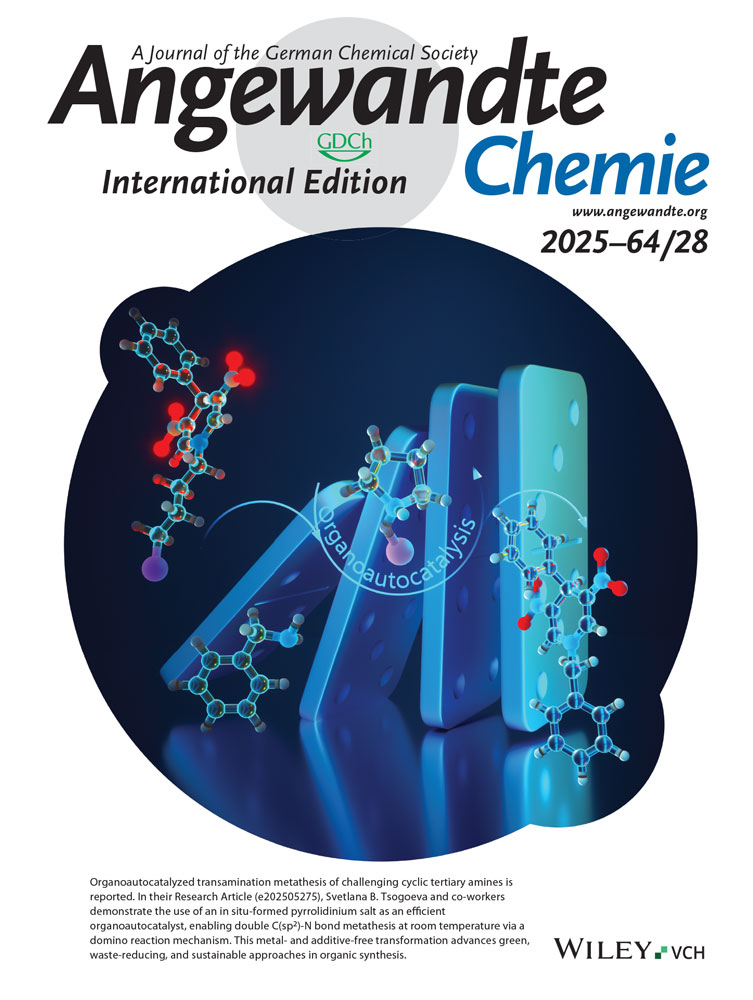Cost-Effective and Low-Carbon Scalable Recycling of Waste Polyethylene Terephthalate Through Bio-Based Guaiacol-Enhanced Methanolysis
Graphical Abstract
A cost-effective and low-carbon PET recycling strategy is developed using bio-based guaiacol to promote methanolysis through an intermediate stabilizing mechanism. Under mild conditions (120 °C, 0.6 MPa), the system achieves complete PET conversion within 2 h, producing dimethyl terephthalate (DMT) and ethylene glycol (EG) at yields of 94% and 98%, respectively.
Abstract
The global plastic waste crisis, particularly from polyethylene terephthalate (PET), demands sustainable recycling solutions. PET methanolysis offers a promising route to recover high-purity dimethyl terephthalate (DMT), but achieving scalable, cost-effective, and environmentally friendly processes under mild conditions remains challenging. This study introduces a bio-based catalytic system using guaiacol and potassium bicarbonate (KHCO3) under mild conditions (120 °C, 0.6 MPa), achieving 94% DMT and 98% ethylene glycol (EG) yields within 2 h. Unlike conventional acid-catalyzed or co-solvent-assisted methanolysis methods, the phenolic hydroxyl group of guaiacol critically stabilizes the tetrahedral intermediate, significantly enhancing catalytic efficiency. The system demonstrates broad versatility across various polyesters and real-world PET waste streams, including mixed textiles and colored plastics, while enabling selective depolymerization. Life cycle assessment (LCA) and techno-economic analysis (TEA) confirm its low carbon footprint, energy efficiency, and industrial viability. This cost-effective and scalable strategy offers a sustainable solution for PET recycling, addressing both environmental and economic challenges while advancing resource circularity in the plastic industry.
Conflict of Interests
The authors declare no conflict of interest.
Open Research
Data Availability Statement
The data that support the findings of this study are available in the supplementary material of this article.





